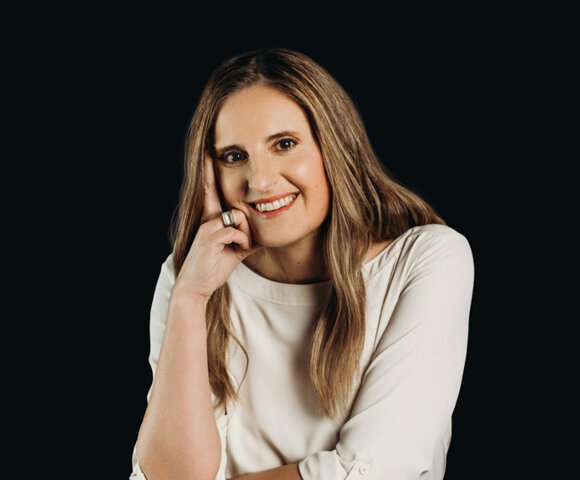Paula Escobar-Chavarria: A Fight for Gender Equality Within the Media

Paula Escobar-Chavarria joined the Association of Foreign Press Correspondents and Thanos Dimadis for a conversation on her work as a renowned journalist for Chile’s major media outlets (Televisa Chile, La Tercera, CNN Chile) and an advocate for gender parity within the media.
At the she was Editor in Chief for “El Mercurio”, Escobar-Chavarria was recognized by BBC in 2015 as one of the 100 most inspirational women in the world. This achievement was followed by her role in a project to promote female content that did not refrain to beauty standards, but instead represented women for their accomplishments in various sectors of the media. One of the aims to make this project possible was setting aside Photoshop in order to combat gender stereotypes.
“I recognize women initiatives and this is in the basis of I would say, my motivation to continue this at an university in a special chair in women in media to further investigate other ways of discrimination for women in media besides the image one.”
She later expanded on the importance of highlighting the truth, opposed to fictionalized footage. When reminiscing over this initiative, Paula opened up about the discouraging comments she received from both inside and outside of her team.
“In the beginning, a lot of people told me, even from inside the team, that you are crazy and that this is impossible. All the advertisers are going to get out of the magazine… they told me that no photographers would like to work in a magazine that had that kind of standards of reality.”
When questioned about the impact of beauty stereotypes on her personal journey as journalist, Escobar-Chavarria told Thanos that the first publication she contributed for was a feminist one. The work ethic that the magazine had in regards to its content instantly drew her to it, and made her recognize gender inequality upfront. She also shared that most of her work is in print, so the looks never took away the spotlight of her writing.
“Most of my career was in print media, so I was writing and editing. It’s not your personal image that is upfront, it is what you write, it is your work. I didn’t feel at any moment that I had to be a certain way to achieve something, it was the opposite.”
Paula worked her way up the publishing world at an early age. At 27, she was already Editor-In-Chief and had three children. Having to balance between the professional life and motherhood was a challenge, but not a burden. Yet, many criticized her for not spending enough time with her children. This is because often times women are socially required to take full responsibility of the household.
“Things have changed, but not how they have to change. If by default the children don’t have schools or day cares, the women have to take all the responsibility in their backs.”
During the pandemic, Paula was appointed as Poynter Fellow by Yale University. In a recent talk, the journalist spoke about the impact of Covid-19 in gender issues in Chile. Amongst the highlights of this presentation, she mentioned the significant rise in domestic violence, female job loss, and symbolic violence against women.
“Symbolic ways in which women are demeaned, when women are portrayed as less capable than man, I think it is strange in Covid moments. This is because the most outstanding leaders are all women.”
Paula Escobar-Chavarria continuously advocates for gender equality in relation to women in media. Her purpose is to fight against the stereotypes, through her work as a Professor and Executive Director of the Women and Media Chair at the Universidad Diego Portales.
